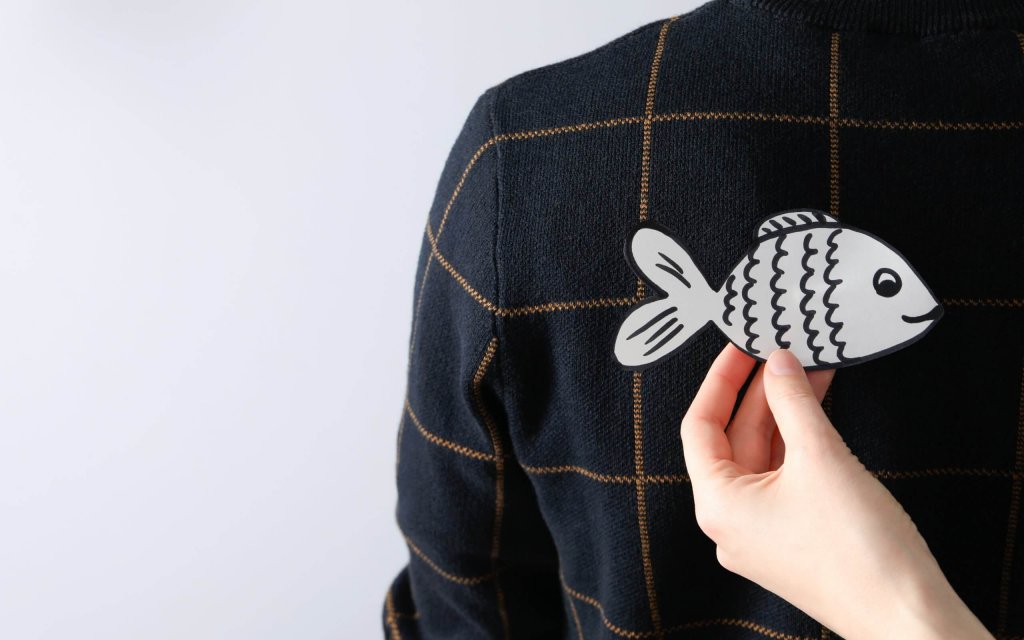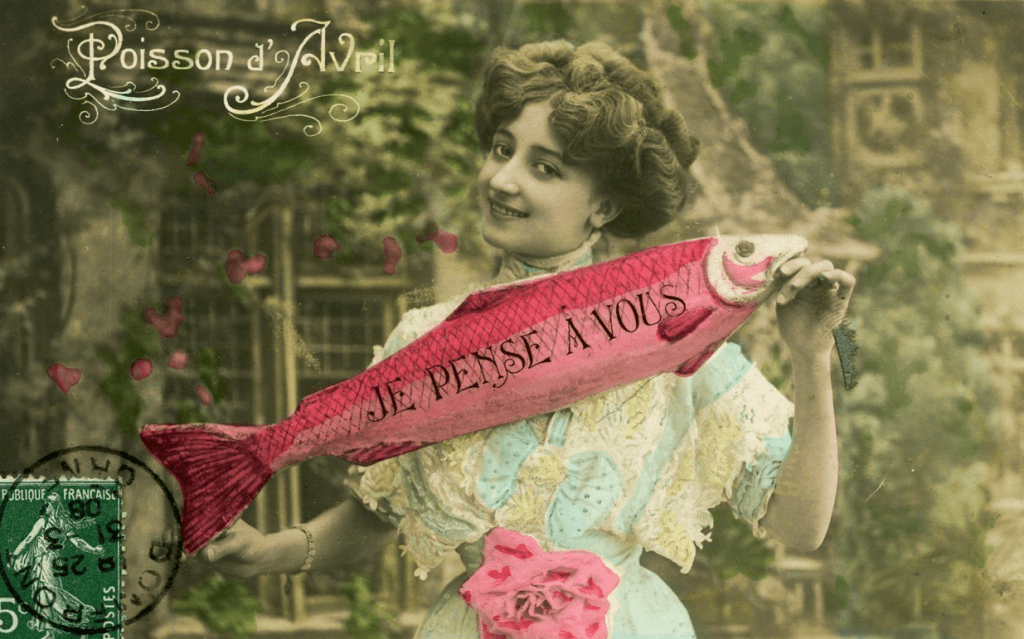April Fool’s Day is a global day of mischief. But in France, the celebration comes with a quirky twist: it’s all about fish! After successfully pulling off a prank, the French say poisson d’avril, which means “April fish”. But what does fish have to do with this? Let’s find out.
How is French April Fool’s Day connected to fish?
The connection between April Fool’s Day in France and fish is a bit of a mystery, and as with many traditions, there’s no single explanation everyone agrees on.
A tale of calendars and kings
One popular theory traces the tradition back to 1564, when King Charles IX decided to modernize the calendar. Before his decree, the New Year was celebrated at the end of March or the beginning of April, depending on where you lived in France. After the switch to the new calendar, January 1 became the official start of the year.
As you can imagine, not everyone adapted quickly. Some folks stuck to the old tradition and kept celebrating in spring, either out of habit or rebellion. This made them the perfect targets for pranks. Instead of giving traditional New Year’s gifts like food (often fish), jokers began giving fake gifts or playing tricks on the holdouts, calling them “April fish.”
Religious and seasonal connections
Another theory ties the fishy theme to Lent, a time when eating meat was forbidden, but fish was allowed. Fish also symbolize the zodiac sign Pisces, which covers the end of March and early April. During this season, fish became a common gift — and perhaps an easy subject for playful deception.
A practical joke with fins
Others suggest that fish were linked to jokes because April was a tricky time for fishing. Spawning season meant it was harder to catch fish, and pretending you’d caught one — or sneakily serving a “fish” that wasn’t fish at all — was a natural joke. Over time, these pranks evolved into what we know today as poisson d’avril.
How do the French celebrate April Fool’s Day?
French April Fool’s Day has its own playful traditions that set it apart from other countries.
The paper fish tradition
French kids love to tape paper fish to the backs of their unsuspecting friends, teachers, or even parents. They sneak up, stick the fish in place, and try to keep a straight face as their target walks around unknowingly. When the prank is finally discovered, everyone shouts poisson d’avril! and bursts into laughter.
This tradition, known as coller un poisson dans le dos (“to stick a fish on someone’s back”), has been a staple for generations. While it’s most popular among children, some adults might join in the fun too.

French media’s pranks
It’s not just kids who get in on the action. French media outlets love April Fool’s Day and often publish outlandish fake news stories or create elaborate hoaxes to fool their audiences.
For instance, on April 1, 1986, Le Parisien published a shocking story claiming the Eiffel Tower was going to be dismantled and relocated to Marne-la-Vallée, the site of the future Disneyland Paris. The news caused a brief uproar before everyone realized it was a prank.
Another famous prank occurred on April 1, 2009, during the 8 pm news on France 2. David Pujadas announced that the increasing number of wind turbines worldwide was slowing down Earth’s rotation. The report claimed this would eventually extend the length of a day from 24 to 25 hours.
Modern takes on the tradition
In recent years, companies and brands have joined the fun by launching their own creative pranks. From announcing absurd new products to making fish-themed jokes, they embrace the spirit of poisson d’avril. Social media has become a popular platform for these pranks, allowing them to reach a wide audience and keep the tradition alive in new ways.
Regional customs
Some French regions have their own unique twists on the holiday. For instance, in Nice, the traditional daily cannon blast that signals noon is moved an hour earlier on April 1. The unexpected boom throws locals off schedule, and the prank ends with a cheerful shout of poisson d’avril!
The lost tradition of poisson d’avril postcards
Long before jokes in the media, the French had a more refined way of celebrating poisson d’avril: postcards. In the late 19th and early 20th centuries, it was a popular tradition to send beautifully illustrated cards to friends and family on April 1.
These postcards often depicted whimsical or romantic scenes with fish as the central theme. Some showed fish with human traits, like wearing hats or lounging in fields, while others featured elegant artwork combined with playful humor. Recipients might find charming good wishes, expressions of friendship, or even lighthearted teasing written on the back.
Interestingly, not all the messages were sweet. Some poisson d’avril postcards had sharp or insulting notes — an early version of today’s roasting humor. Regardless of the tone, these cards became a treasured way to mark the day and share a laugh.
While this tradition has faded over time, vintage poisson d’avril postcards remain popular among collectors. A quick search online will reveal countless examples of these unique, artful relics. They’re a reminder of a time when April Fool’s Day in France wasn’t just about pranks but also about connecting with people.

How to say “April Fool’s” in French
If you manage to pull off a clever prank on April 1 in France, you proudly shout poisson d’avril! This phrase is used to announce that your trick has been discovered and to share in the laughter of the moment.
But the French often take a more subtle approach, especially among adults. Instead of the gleeful shout, you might hear someone calmly say, C’est un poisson d’avril (“It’s an April Fool’s joke”). This fits the French tendency to keep things understated, even when the joke is on you.
When referring to the day itself, it’s simply called le premier avril (the first of April). The phrase poisson d’avril usually applies to the jokes or the act of pranking, rather than the date. You might also hear une blague du premier avril (an April 1st joke) if someone is describing their prank more specifically.
Happy pranking! Or should we say, happy poisson d’avril!

